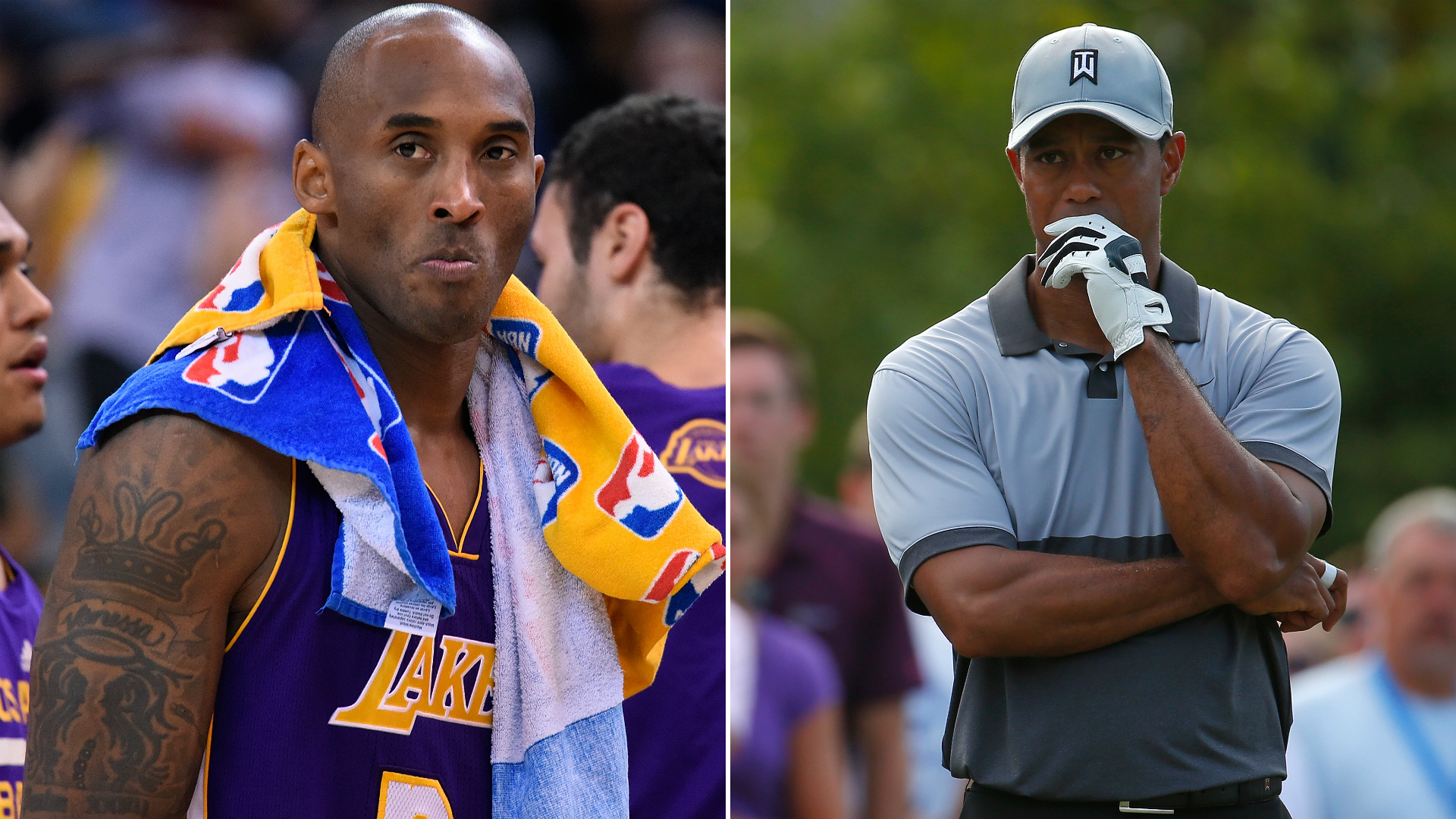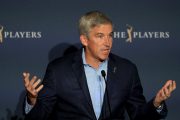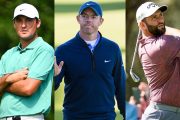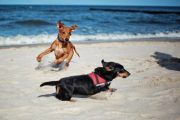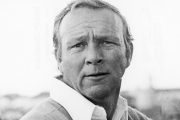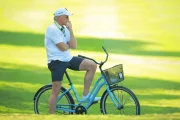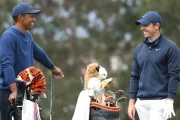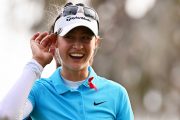This week we have something special for you. The late Kobe Bryant was memorialized on Monday. We present this piece courtesy of Gio Valiante, Ph.D with Ina Kim. Enjoy!:
Over the course of my 20-year career as a performance psychologist for athletes and executives, I have worked with hundreds of high achievers across some of the most competitive domains: NFL, NBA, PGA Tour, MLB, and C-suite executives ranging from Silicon Valley to Wall Street. I say all this only to convey that I have had the privilege of a front row seat, in the most competitive environments, to the Best of The Best (BoTB).
Even in this sea of excellence in which I have been lucky enough to swim, Kobe Bryant stands out as having perhaps the best mental game I’ve ever studied. The Mamba Mentality is more than an attitude or a mindset; it is a virtual manifesto of a life well lived – what the Greeks (most notably, Aristotle) call Arete – the best expression of oneself, day in and day out. So outstanding was Kobe’s psychological toolbox, that it is the key feature to take away from Kobe’s legacy. It wasn’t Kobe’s 81-point game, nor his five championships, nor his business acumen that Tiger Woods recollected in the wake of Kobe’s passing. Rather, Tiger (along with the majority of people with whom I’ve spoken) say the greatest thing they’ve taken from Kobe’s passing was the mindset with which he approached and played the games of basketball and life.
Though my work takes me across many achievement domains, golf remains at the forefront of my thinking because more than any other arena, it puts a premium on one’s mindset. To master the game, one must master so many things, including mastery of oneself. Golf is expository, meaning whatever your weakness, golf will expose it. Golf exposes overconfidence, under-confidence, sloppiness, risk appetite or aversion, motivation, resilience, lack of attention to detail, laziness, self-awareness, imbalance, physical conditioning — and literally every meaningful trait that performance psychologists deem important.
Let me state it unequivocally: Had Kobe chosen to purse golf rather than basketball, he would have been amazing. What did Kobe do that you can learn from to pursue your best game? Read below to find out:
1. Kobe knew his “Why.” When psychologists study motivation, they do not only look at the amount of motivation someone has (ranging from low to high) but more importantly the quality of their motivation. People are motivated for different reasons, and not all motivations are created equal. For example, people in a state of panic are highly motivated, but seldom does panic produce great results. The highest quality motivation – what we call a Mastery motivation – is driven intrinsically by pure love of the craft, passion for constant improvement (kaizen), and love of challenge. Kobe loved the game itself. As far back as high school, he would show up two hours before practice, alone, to shoot hoops in a dark gym. When Kobe was done playing professionally, he titled his Oscar-winning film “Dear Basketball.” The film wasn’t a testimonial to himself, his ego, his fame, or his achievement … but rather was an ode to the game itself. Kobe’s love of basketball was consistent with another great, Ben Hogan, who said “Golf is a livelihood in doing the thing I love to do. I don’t like the glamour. I just like the game.” The takeaway is to always play for love of challenge, love of improvement, and love of the game. Not to impress others, show off, or validate yourself (aka, Ego golf). Play simply because you love the game and all the various challenges and special moments of wins and losses it offers.
2. Kobe followed his calling. In Extraordinary Minds, Harvard psychologist Howard Gardner studied the common denominator from the most “extraordinary” individuals in history. One of his inferences was this: there was a perfect *fit* between the individual, their particular makeup, and the domain in which they flourished. Mozart found music, Virginia Woolf found poetry, Yo-Yo Ma found the cello, Tiger Woods found golf, Steve Cohen found the stock market, and Kobe found basketball. It is hard to imagine any one of these extraordinary individuals having achieved what they did if they never found their true purpose in life.
3. Kobe loved to work. It is hard to imagine outpacing everyone else in any given domain if the work feels laborious. When I interact with the BoTB, what I commonly hear is how much they love their work. How the work is always in the back of their minds, even when they are doing other things. Commonly, an “inversion” happens for these individuals. Whereas most people find a quiet mind when their work is over, the BoTB get anxious and antsy when they are on vacations, having downtime, or otherwise abandoning their pursuit of excellence. Their minds quiet when they are working, not when they are relaxing. Think of what Ben Hogan said: “When I don’t practice for a day, I notice. Two days, my wife notices. Three days, the world notices.” Over the course of 40 years, famed hedge fund investor Steve Cohen has missed four of the 10,000 days the markets were tradeable, and all four of these days, he was in the hospital unable to trade. Kobe’s work ethic was legendary. He was also once quoted as saying: “I can’t relate to lazy people. We don’t speak the same language. I don’t understand you. I don’t want to understand you.” And of course, when a 15- year-old Lebron James first asked Kobe the secret to sustained excellence in basketball, Kobe replied “Hard work. There is no substitute for the work.”
4. Kobe was Confident. Make no mistake about, confidence is the great arbiter on the road to success. Kobe was good, and Kobe knew he was good; after all, he’d put in the work (see No. 3 above). The first time he prepared to face Michael Jordan, a teammate asked Kobe, “‘Hey, you want some advice? Whatever you do, don’t look him in the eye.’ ‘Wait, excuse me? Why the hell would I not look him in the eye?’ I don’t think my teammate understood that I’m THAT too. Can’t — look me in the eye either, buddy.’” But that is also true of all the great ones: a young Tiger Woods was criticized when he first came out on Tour for picking himself to win tournaments. His father, Earl, was also criticized for publicly saying how much better his son was than the rest of the players. Jack Nicklaus once observed, “What I do know is that inner certitude about one’s abilities is a golfer’s primary weapon, if only because it’s the strongest defense against the enormous pressures the game imposes once a player is in a position to win. Golf’s gentlemanly code requires that you always hide self-assuredness very carefully. But hide it or not, you’ll never get very far without it.” And about Jack, Tom Weiskopf observed: “Jack knew he was going to beat you. You knew Jack was going to beat you. And Jack knew that you knew that he was going to beat you.” The takeaway: Don’t doubt yourself. In basketball, just as in golf and in life, you have to believe in yourself, even when the world doesn’t believe in you.
5. Kobe was Resilient. One of the hallmarks of confidence is the ability to overcome adversity (what we call “normative failure”). Resilience does not lead to confidence; it emerges from it. The more authentically confident you are in your preparation, work ethic, and self-awareness … the better you can overcome life’s obstacles. Lest we forget, baseball great Derek Jeter began his professional career 0-for-14. Three-time Super Bowl winning QB Troy Aikman threw nine TD’s and 18 Interceptions in his first season. Van Gogh sold one profitable painting in his lifetime. Steve Jobs dropped out of college and was fired by Apple before forming Pixar. Tom Landry, Chuck Noll, Bill Walsh, and Jimmy Johnson accounted for 11 of the 19 Super Bowl victories from 1974 to 1993. They also share the distinction of having the worst records of first- season head coaches in NFL history – their collective record was one win, 45 losses. Famously, Thomas Edison failed 1,000 times at inventing the light bulb. All of them share two things: they achieved immortality, and they overcame very big roadblocks on their road to BoTB. The lesson for you is this: never experience a setback as something final. Failure is not the opposite of success. It is temporary and built into success. It is the fabric. Embrace your own setbacks and failures, and weave them into the narrative of your own great story.
6. Kobe practiced with Purpose. Kobe was famous for his relentless work ethic. He often shot 1,000 additional shots a day on top of weight training and team practice to work on particular shots and situations. Kobe mentally rehearsed every scenario he could possibly face so that he was never caught off guard. Shaquille O’Neal noted that he had seen Kobe practicing without a ball – weaving, huffing, faking-out – to practice specific scenarios in his imagination on the court. Similarly, Tiger Woods is known to use his range sessions prior to the Masters practicing each and every shot on the golf course chronologically, starting from the tee shot on hole one, then his approach shot into the first green, and so on. They are preparing for battle by rehearsing the situations that will actually occur – having to hit a baby fade off the first tee, carving a draw on the third approach shot; not hitting stock shots ball after ball mindlessly. Make your practice meaningful and applicable to the challenges you will face on the golf course. As Tiger’s father advised him Saturday evening before the 1997 Masters, “expect the best. Prepare for everything.” The BoTB plan for every scenario. They mange risk effectively. They are never caught off guard.
7. Kobe had big dreams. When Kobe was asked about how he continues to push his boundaries and comfort zones, he attributed his success to his dreams. He said, “Make sure that your dreams always stay pure. It’s not a matter of pushing beyond your limitations or expectations. It’s really a matter of protecting your dreams, protecting your imagination. That’s really the key. And when you do that, then the world just seems limitless.” To me, chasing dreams is an act of courage. It is easy to settle in life; easy to live within the parameters of other people’s expectations of you. If you are willing to dream big, to practice with purpose and intent, then you will be occupying space reserved for Gods and Legends.
8. Kobe was Fearless. While I was a young graduate student at Emory University, I did a study on professional golfers. What emerged from that study was something unexpected: the role that fear plays in golf. This finding was both surprising and unexpected because, unlike football or boxing, there is no real danger in golf. Nonetheless, fear was omnipresent, but the best golfers in the world elevated themselves above the rest by playing fearless golf (which ended up being the title of my first book). Kobe went all-in on basketball, and when he was done, he went all-in on film making, parenting, and coaching his kids. He was once photographed in a Bruce Lee shirt which read, “Fear is for other people” and was once interviewed saying, “Being fearless means putting yourself out there and going for it. No matter what. Go for it. Not for anybody else. But for yourself.” Kobe played, and lived, fearlessly. Surely a lesson for us all.
9. Kobe innovated, evolved, and reinvented himself and his game. If there is one standout feature of BoTB that is largely ignored, it is their willingness to take risks to get better. Tiger Woods won the 1997 Masters by 12 strokes, then proceeded to win three more Majors (including the 2000 US Open by 15 strokes) and decided his swing wasn’t good enough, so he overhauled it beginning in 2004. He did it again in 2010. Tiger won in so many different ways: overpowering courses, strategizing around trouble, winning with his short game, his putter, his mind. Gary Player has won professional tournaments in 4 decades, evolving his game and his body. The artist Pablo Picasso is known for his ever-evolving style (Blue Period, Rose Period, African, Cubism, Surrealism) and set the stage for artists to follow. Robert Plant, the lead singer of Led Zeppelin, attributed their success to the fact that they “constantly evolved and changed their style” over the course of a 40-year career. Similarly, Kobe evolved his game over time from that of a lone wolf to a distributor of the ball and team leader. Picasso had his periods; Tiger his differing swings. Likewise, Kobe had his stages of development, marked for history by the fact that he has not one, but TWO jerseys retired in the Lakers arena (#8, #24). His first championship was as a 21 year old in 2000; his last as a 31 year old in 2010. He evolved his psychology and even his identity: Kobe became the Black Mamba. As his body broke down, he won more with strategy, preparation, and leadership than sheer overpowering athletic ability. As you age in golf, your game has to evolve with you. This is where the great Socratic dictum of Gnothi Seauton applies. Gnothi Seauton simply means “know thyself” or “self knowledge.” The BoTB don’t always have the most talent or explicit advantages over their competitors (Jack Nicklaus wasn’t close to being the best pure ball striker of his era). But he, and they, have an uncanny ability to know and trust themselves, and make bets that leverage their strengths while covering their weaknesses. You will need to learn how to compete with distance when young; then compete with precision, course management, intelligence, and composure when older … all within the framework of knowing your own strengths, weaknesses, predilections, temptations, cognitive biases, and habits of mind.
The best way to honor our icons is to fearlessly put forth the best expression of ourselves and our talents. This is why embracing the Mamba Mentality is a good idea to flourish in both life and golf. To recap: Know your Why, Love to Work Hard, Be Confident, Be Resilient, Practice with Purpose, Dream Big, Be Fearless, and always, always, always innovate and evolve.
Dr. Gio Valiante is an expert in the area of human performance as applied to business, finance, and sports. In golf he has been the sport psychologist for some of the games’ best players including US Open Champion Justin Rose, Players Champion Matt Kuchar, Henrik Stenson, Jordan Spieth, Davis Love III and many others. He was named Top 40 Under 40 to Influence the game of Golf by Golf Magazine and his players have won over 40 PGA Tour Events in the past 15 years. Dr. Gio is the author of two books, Fearless Golf and Golf Flow and his work been featured in Sports Illustrated, the New York Times, Good Morning America, ESPN, The Financial Times and Time Magazine. He has spent the past 5 years as the in-resident performance coach for Point72 Asset Management, and The Buffalo Bills. He can be reached at www.giovaliante.com, and gio@giovaliante.com.


